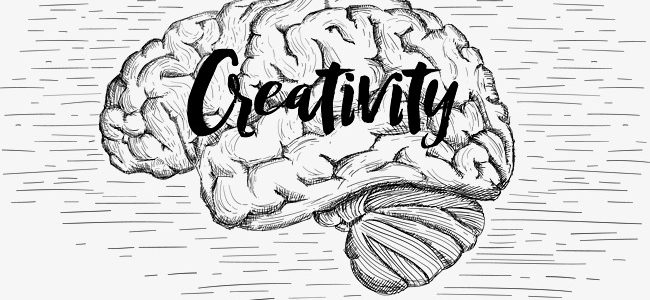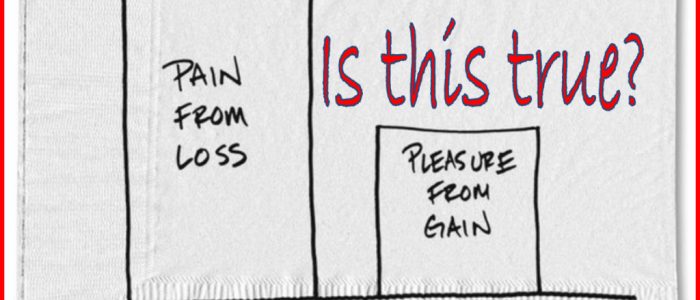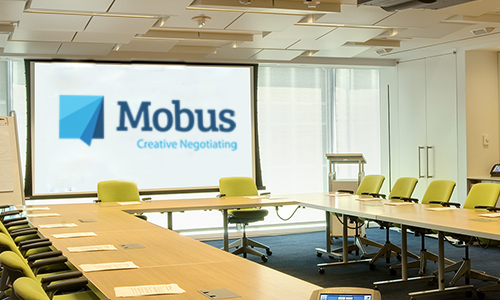We at Mobus Creative Negotiating point out that much modern negotiating is about the terms for an ongoing relationship rather than a one-time purchase. When making even what looks like a simple purchase like a software program, we should think about the technical support and the future upgrades that the supplier will provide. In The Optimists’ Telescope, Bina Venkataraman explores… read more →
We at Mobus Creative Negotiating have often cited the work of Nobel-Prize-winning economists. Today we turn to a different kind of champion, namely, a poker player. More specifically, Annie Duke – a World Series of Poker bracelet winner, the winner of the 2004 Tournament of Champions and the only woman to win the NBC National Poker Heads Up Championship. She… read more →
In the world, many firms are subcontracting out activities that in past decades they would have had employees do. Why is that? One of the modern economic theories which we use at Mobus Creative Negotiating is transaction cost economics by Nobel-Prize-winning economist John Williamson. He developed and expanded the work of Ronald Coase from the 1930s. The basic question they… read more →
Charles Lamb is a Johns Hopkins University brain surgeon who studies creativity and speaks about his work in a way any layman can follow; see https://www.ted.com/talks/charles_limb_your_brain_on_improv/transcript . He admits that his speciality is a little odd; as he puts it, “I have never had a patient tell me, ‘I really want you to be creative during surgery.’” He is fascinated… read more →
We at Mobus Creative Negotiating are constantly checking out the latest research to see what can help negotiators. We often talk about “behavioral economics” which one recent survey described as follows: “Much of behavioral economics consists in using psychological insights to influence behavior. These interventions tend to be small, often involving subtle changes in how choices are presented” (https://www.nytimes.com/2018/10/06/opinion/sunday/behavioral-economics.html). Debates… read more →
We at Mobus Creative Negotiating have long taught techniques for negotiating by phone as well as face to face. Well, that’s becoming passé. Phoning is so 20th century: no millennials speak on a phone. To quote an August 9, 2018, Washington Post article: https://www.washingtonpost.com/technology/2018/08/09/want-better-customer-service-dont-call-text, “Some 20 million businesses now use Facebook Messenger each month to talk to their customers.” Facebook’s… read more →
We’ve been too busy here at Mobus to keep up and now we’re trying to catch up. I plan on doing a few blog posts to provide quick updates. Please check back for new blogs over the next couple of weeks like this one on the live, public seminars, the Mobus eCourse and perhaps even news on the upcoming book… read more →
There is an easy way to avoid the perception of failure in negotiations: don’t ever do anything risky. Set the bar for success super-low, and you are likely to succeed every time at doing at meeting that (low) goal. Fear of failure dominates many negotiators, leading them to take few risks. A basic reason is what Carol Dweck calls… read more →
Negotiators often have to decide what to focus on. It might seem that people will naturally concentrate on what is most important; after all, that’s the rational thing to do. But as we at Mobus Creative Negotiating keep emphasizing, human beings are not always rational. Recent research by a team led by Johns Hopkins University professor Meng Zhu, published in… read more →
Having worked with leading firms across the spectrum of American business, the stiffest negotiating challenge faced by procurement and sourcing professionals is trying to make a favorable agreement when buying from a sole source supplier. This topic was the focus of an article I co-wrote with Howard Levy, the Sourcing VP of Zimmer Biomet. The article, running in the current… read more →
We at Mobus Creative Negotiating emphasize that people are not always rational: they often react emotionally even when that reaction does not appear to be in their best interest. We draw on the research of modern economics – often called “behavioral economics” – which has shown how often emotions trump reason. That is a huge change from “classical economics” which… read more →
Words we never hear these days, yet the most successful negotiators are those open to the possibility that in fact: you are correct, and I am mistaken. In a recent New York Times column https://www.nytimes.com/2018/02/17/opinion/sunday/liberal-conservative-divide.html?rref=collection%2Fsectioncollection%2Fopinion-columnists, Nicholas Kristof describes an experiment with 1,000 people. When asked to look at simple data and draw conclusions about a skin cream’s effectiveness, Democrats and Republicans… read more →
When Chief Justice John Roberts gave the address at his son’s 9th grade graduation last spring, he said he wanted to address “some of the harsh realities that everyone will face in the course of a full life:” From time to time in the years to come, I hope you will be treated unfairly, so you will come to know… read more →
We always get questions about business relationships and partnering. What are the dangers? Don’t they tend to favor one side or the other? When we get into one, what can we do to make sure it is working out as intended? The problem we see is that when customer-vendor relationships are first entered into, say with a long-term agreement or… read more →















Recent Comments